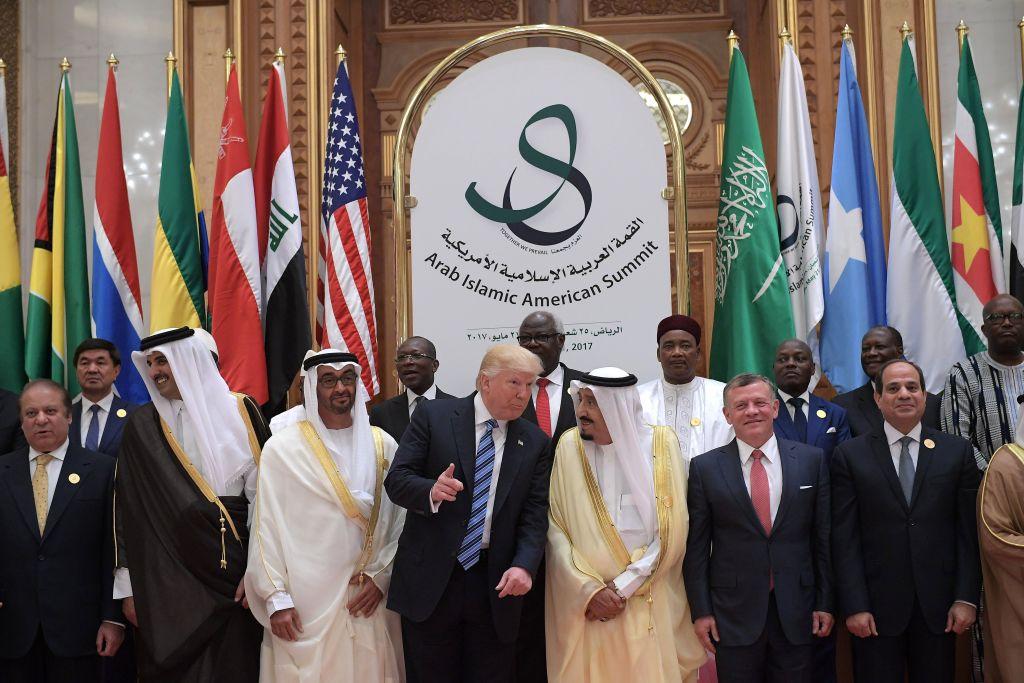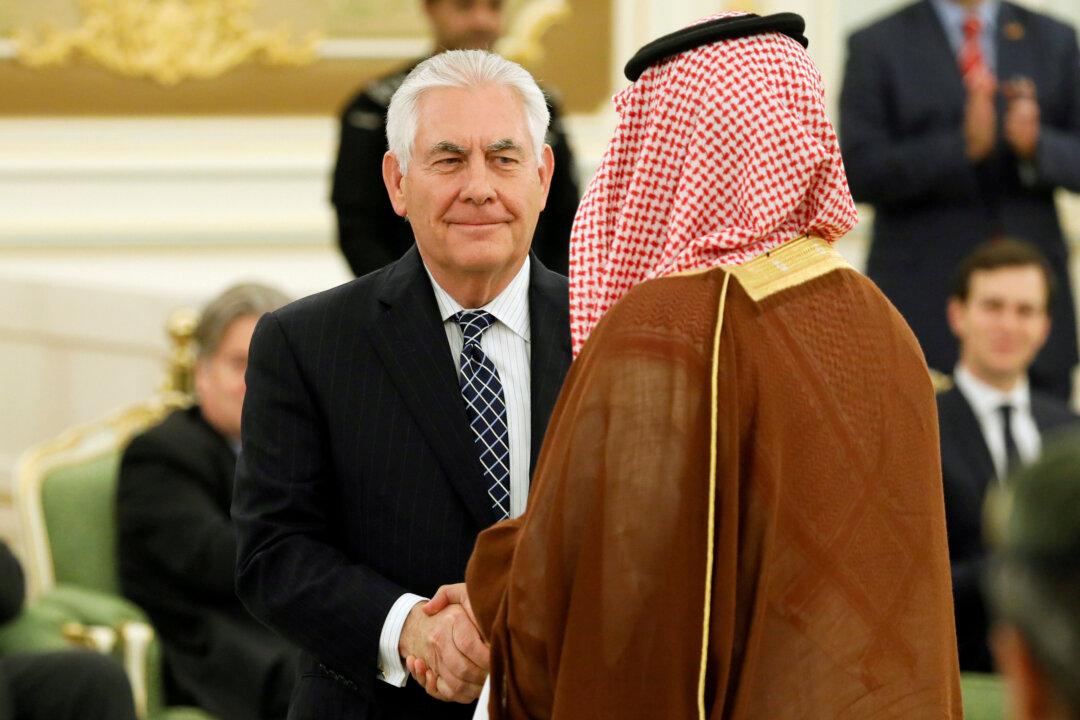WASHINGTON—Secretary of State Rex Tillerson has authorized the State Department to notify Congress of the Trump administration’s sale of precision-guided munitions for Saudi Arabia to use in its Yemen campaign, a senior diplomat said on Tuesday.
The notification is one of the last steps in the arms sale process and triggers a formal 30-day review to allow members of Congress to attempt to pass legislation to stop any sale.
Lawmakers introduced legislation last week seeking to block about $500 million of a $110 billion arms sale to Saudi Arabia, including the portion on precision-guided missiles and other offensive weapons.
An announcement of the sale had been expected in March but objections from mostly Democratic lawmakers and human rights groups led to Washington to ask Riyadh for commitments to improve targeting procedures that would minimize civilian casualties.
Asked on Tuesday whether the Saudis had taken specific measures to improve targeting capabilities, the senior diplomat, acting Assistant Secretary of State for Near Eastern Affairs Stuart Jones, did not answer directly.
“That’s a continuing source of conversation between us,” Jones told reporters. “We’re constantly trying to improve that process.”






